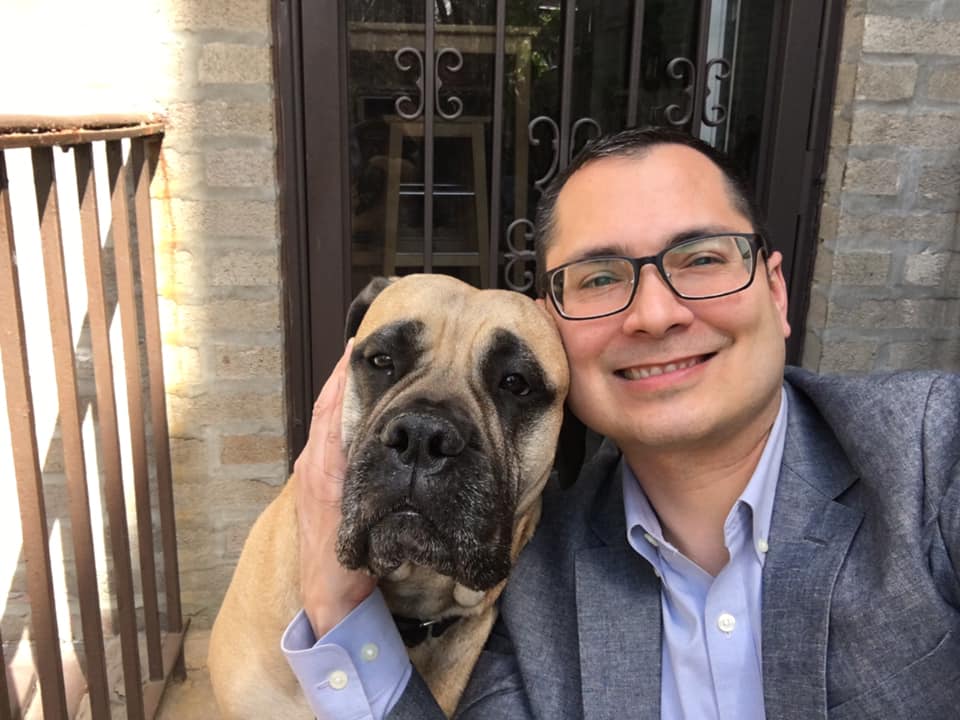 I don’t mean to speed ahead or jump out of order too quickly, baby Jesus just being born and all and no need to rush the growing up bit, but the day after Christmas Day (or the second day of Christmas) has me pondering—or puzzling—about Luke 2:40:
I don’t mean to speed ahead or jump out of order too quickly, baby Jesus just being born and all and no need to rush the growing up bit, but the day after Christmas Day (or the second day of Christmas) has me pondering—or puzzling—about Luke 2:40:“And the child grew, and waxed strong in spirit, filled with wisdom: and the grace of God was upon him.”
Generally I’m not a user of the King James Version, but this verse has a certain musicality that is hard to get out of one’s head. Especially since we just don’t use the word “waxed” enough. And also when lifted up by Randall Thompson’s choral piece, “And the Child Grew” reverberating in my head during this season, what with years of Hope College Christmas Vespers celebrated. (You can see and hear an entire vespers here with “And the Child Grew” reference specifically at the 50:30 mark or hear a local church choir’s version here.)
.
I really have been wondering about the way of learning and the development of the Christ child as he grew, especially about language. Jesus had to learn to speak, as all children do. He had to be taught. The Word who became flesh, the Word who was in the beginning, the Word in whom all things came into being through and without whom not one thing came into being had to learn how to put words and ideas together just as all of us humans do. This really is quite mind bending…and shocking and I wonder if our casual familiarity with Christmas dulls us from the amazingness of it. The liturgist reading the ninth lesson of the festival begins by saying, “St John unfolds the great mystery of the Incarnation.” But I don’t think its unfolded as much as simply and poetically proclaimed. The Incarnation is certainly a mystery.
.
The Word learns to speak, as he waxes strong in spirit and is filled with wisdom. God grows.
.
I think a lot about language given that I tend to be pretty monolingual working in a bilingual congregation in a generally multilingual setting. Watching the Christmas Eve mass at St. Peter’s in the Vatican the other night having just returned home from my own Christmas Eve service I was struck by the beauty of the scripture lessons each being read in a different language—fitting I suppose for the universal Church, God’s word in so many tongues. It made me wonder, oddly, about the angels who first proclaimed the good news of great joy to those Judean shepherds and then sang Gloria. Those angels spoke Aramaic, or they must have for the shepherds to understand them. I had never thought about what language the angels speak. As God’s messengers I imagine they are duly prepared in a variety of tongues, a kind of heavenly diplomatic corps so to speak. Or maybe it’s more like with Dr. Who, somehow connected to the Tardis I think, who is able to instantly translate and communicate across time and space. Certainly God can do that, and thus God’s angels too.
.
Still, God who speaks (or sings) creation into being and is multilingual to the nth degree coming to us as a child who must learn to use words amazes me.
.
That is all. I’ve just been pondering and puzzling and still find some wonder and mystery in it all, in the words and in the story.
.
My small congregation worshipped yesterday morning. Mostly in English but we incorporated German into our songs and prayers, as we often do, but maybe a little bit more at Christmas. Preceding the benediction I wished them a Merry Christmas as well as a Fröhliche Weihnachten. But I prepared myself a bit more. If the angels could speak in the language of the shepherds and the Christ child eventually grow and learn a new language altogether, then I too could attempt to speak to my people in their variety of native and heart languages. My pronunciation was not always good, but the effort was appreciated.
.
Merry Christmas
Fröhliche Weihnachten
Feliz Navidad
Craciun fericit
Wesolych Swiat Boze Narodzenie
Buon Natale
Jeulgaeun krismas doeseyo
.
Grateful for a God who learns and speaks our language. And hankful that we can learn from that Word.

